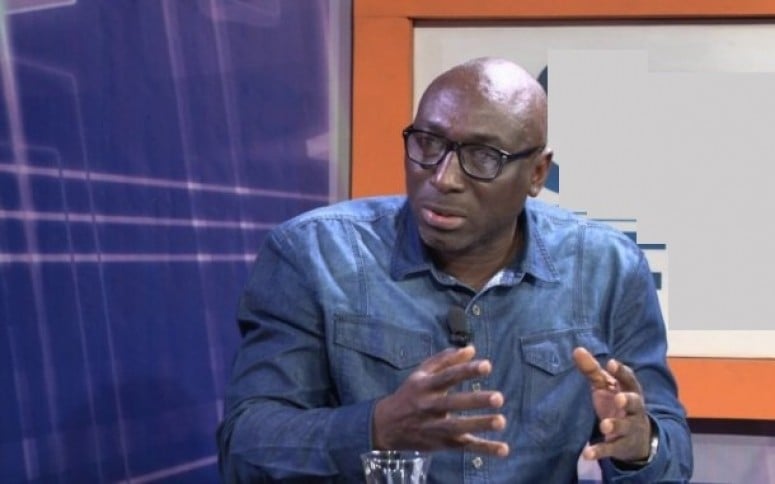Abraham Amaliba, Acting Director-General of the National Road Safety Authority (NRSA) and a member of the National Democratic Congress (NDC) legal team, has launched a scathing critique of the New Patriotic Party’s (NPP) current leadership, predicting their inability to mount a formidable challenge in the 2028 general elections. He argues that the NPP’s executive body, including Chairman Stephen Ntim, General Secretary Justin Kodua Frimpong, and Minority Leader Alexander Afenyo-Markin, lacks the necessary vision and strength to revitalize the party after its projected defeat in the 2024 elections. Amaliba’s assessment hinges on what he perceives as a loss of focus within the NPP’s leadership, suggesting their current trajectory will only further weaken the party’s position in opposition.
Central to Amaliba’s argument is the NPP’s anticipated poor performance in the 2024 elections. He projects a significant loss for the NPP, with the presidential candidate losing by 1.7 million votes and the party’s parliamentary seats plummeting from 137 to 88. This projected outcome, according to Amaliba, underscores the current leadership’s failure to connect with the Ghanaian electorate. He finds it baffling that despite this anticipated electoral setback, the NPP executive continues to operate as if they have met the expectations of the Ghanaian people. This disconnect, he argues, further reinforces the need for a complete overhaul of the party’s leadership if they hope to regain public trust and electoral viability.
Amaliba points specifically to Afenyo-Markin’s leadership of the opposition in parliament as a key indicator of the party’s overall weakness. He questions the effectiveness of the current opposition strategy, suggesting it lacks the vigor and strategic thinking required to hold the government accountable and present a compelling alternative to the electorate. This perceived weakness in opposition, coupled with the projected electoral losses, paints a bleak picture of the NPP’s future prospects under its current leadership.
Furthermore, Amaliba expresses his astonishment at the prospect of the NPP retaining its current leadership after the predicted 2024 electoral defeat. He believes that maintaining the status quo would be a grave miscalculation, further solidifying the party’s weakened state and hindering its ability to effectively rebuild and strategize for future elections. He anticipates a widespread demand for change within the party, predicting a “clean sweep” of the current leadership if the 2024 election results align with his projections. He sees the scale of the predicted losses as a clear mandate for change, signaling a need for fresh perspectives and a renewed vision to guide the party forward.
Amaliba’s criticism extends beyond the immediate post-2024 scenario, impacting the NPP’s long-term prospects. He doubts their ability to mount a serious challenge in the 2028 elections if the current leadership remains in place. This long-term assessment highlights his belief that the current leadership’s shortcomings are not merely a temporary setback but represent a fundamental flaw in the party’s direction. He believes that without a significant change in leadership, the NPP risks becoming increasingly marginalized in the Ghanaian political landscape.
In essence, Amaliba’s critique serves as a stark warning to the NPP. He argues that the party stands at a critical juncture, and its future hinges on its willingness to embrace change. He believes that clinging to the current leadership will only perpetuate the party’s decline, while a decisive shift towards new leadership offers the potential for renewal and a return to electoral competitiveness. His strong words reflect a belief that the NPP needs not just a change in strategy, but a fundamental shift in its leadership philosophy to regain the trust and support of the Ghanaian electorate.














